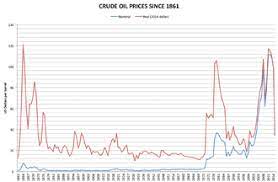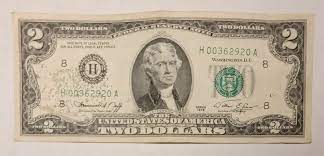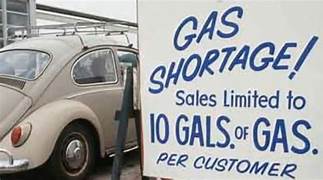The year 1975 marked a tumultuous period in the economic history of the United States, characterized by a combination of challenges that led to significant woes for the nation. Several factors, including the aftermath of the oil crisis, rising inflation, and a high unemployment rate, created a complex economic landscape that tested the resilience of the American economy and its citizens.
The oil crisis of 1973, triggered by the Arab oil embargo in response to the Yom Kippur War, had profound and lasting effects on the global economy, including that of the United States. The sudden spike in oil prices led to a surge in inflation, as the cost of energy rippled through various sectors of the economy. The United States, heavily reliant on imported oil, experienced a sharp increase in its trade deficit, putting additional strain on an already fragile economy.
Inflation emerged as a significant concern throughout the mid-1970s. Prices rose at an alarming rate, eroding the purchasing power of the American dollar. The combination of high inflation and unemployment, a phenomenon known as stagflation, presented a unique challenge for policymakers. Traditional economic theories struggled to explain and address this dual crisis, leading to a reevaluation of economic policy.
Unemployment rates soared in 1975, reaching levels not seen since the Great Depression. The economic downturn resulted in widespread job losses across various industries, leaving many Americans grappling with financial uncertainty. The manufacturing sector, in particular, faced severe challenges as businesses struggled to adapt to changing global economic dynamics.
The impact of these economic woes was felt by individuals and families across the country. Many experienced a decline in their standard of living as inflation outpaced wage growth. The housing market also suffered, with high interest rates making it difficult for individuals to purchase homes. The broader economic uncertainty contributed to a sense of anxiety and pessimism among the American public.
To address these economic challenges, President Gerald Ford took a series of measures, including WIN (Whip Inflation Now), a campaign urging Americans to conserve energy and cut back on nonessential spending. However, these efforts faced criticism for lacking substantive policy changes to tackle the root causes of the economic woes.
The economic difficulties of 1975 set the stage for a broader reassessment of economic policies. The era marked a turning point that eventually led to the adoption of new approaches, including the deregulation of certain industries and a focus on free-market principles. The economic challenges of the mid-1970s prompted a reevaluation of Keynesian economic theories and paved the way for the dominance of neoliberal ideologies in subsequent decades.






